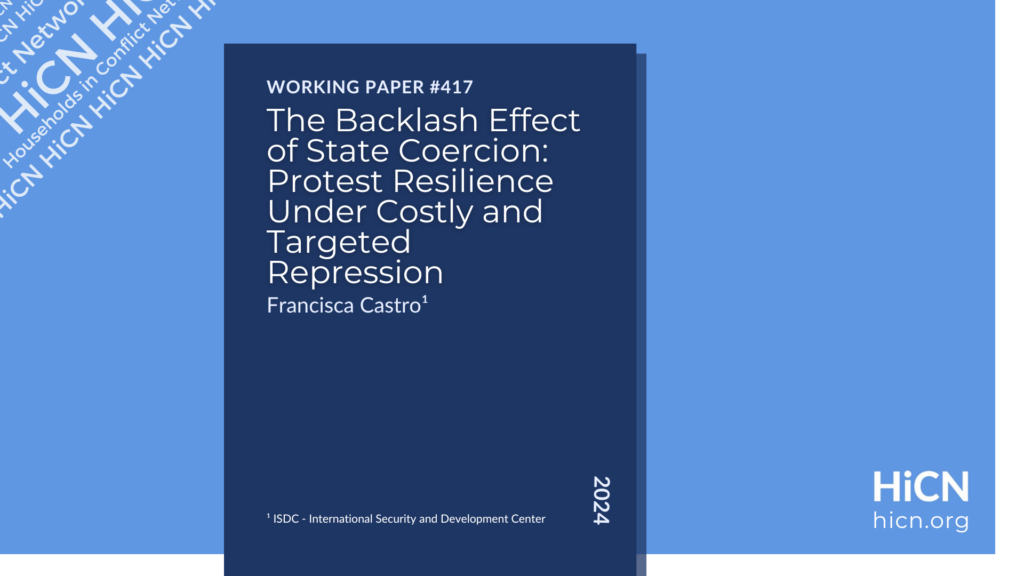
The relationship between state repression and protests is complex, as repression can deter or incite protests and escalate to violence. Additionally, it remains unclear which repressive actions lead to deterrence or incitement of protest activities, and why. Using data from the Chilean 2019 protest cycle, I analyze how different repressive techniques affect the occurrence of protests. Through the estimation of models that consider spatial dynamics and lagged effects, I find that techniques like arrests and beatings correlate with an increase in protest activity, while rubber bullets are linked to deterrence. I interpret these results based on two key mechanisms within the backlash-deterrence continuum identified in the literature: the scope of repression (widespread or targeted) and the costs that repression entails for demonstrators. These findings offer new insights into how specific characteristics of repressive actions influence protest dynamics in democratic contexts.